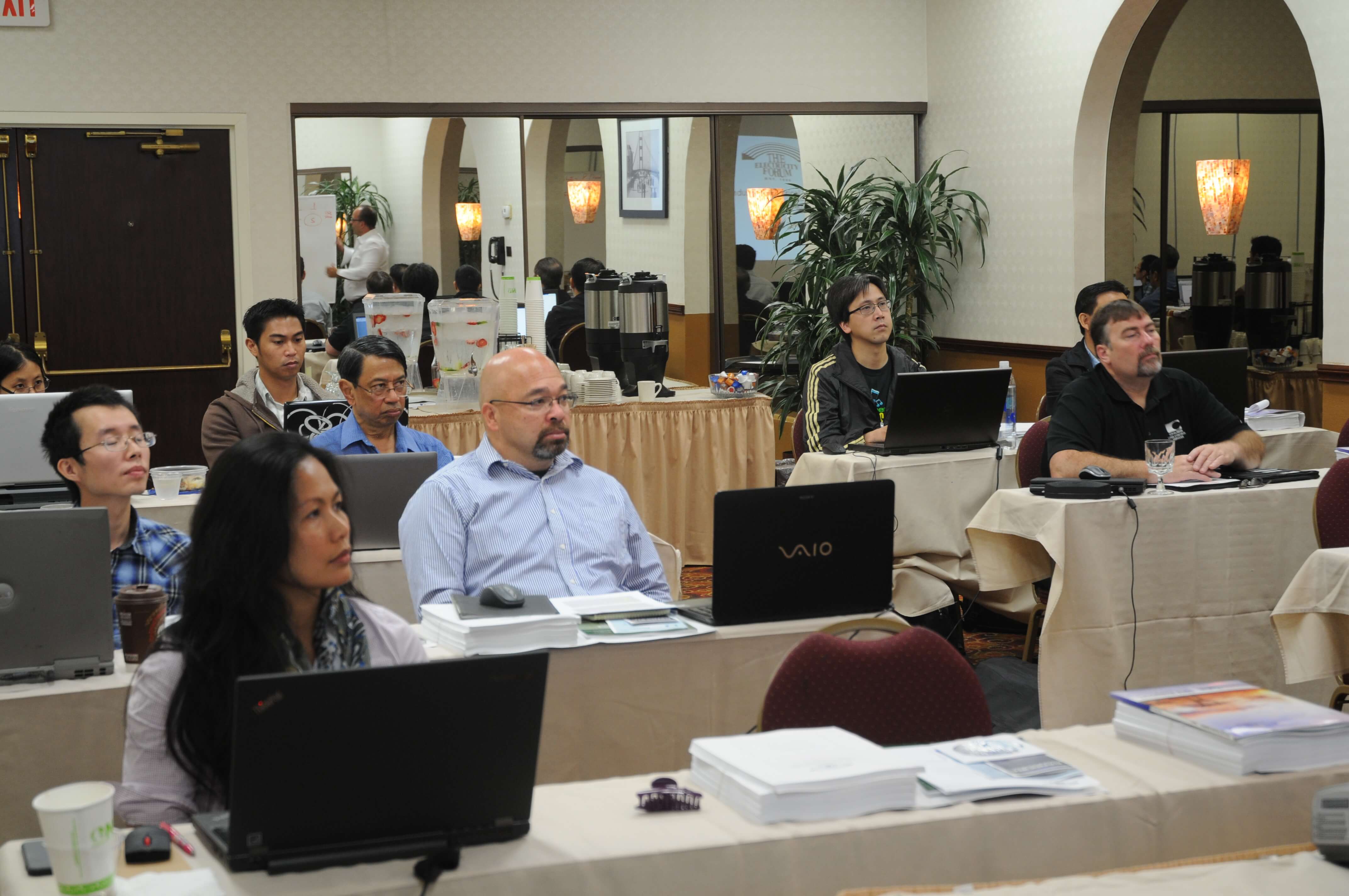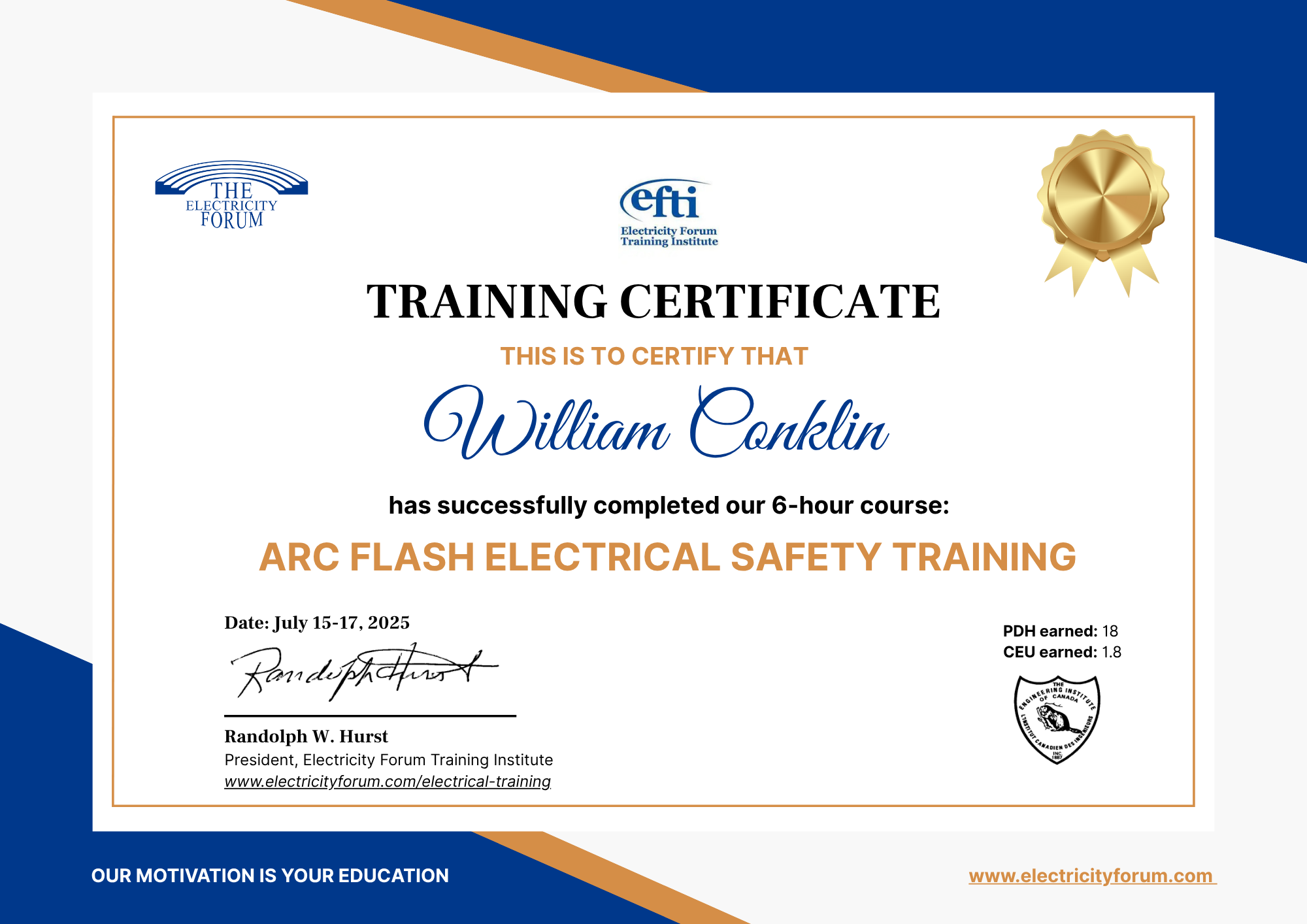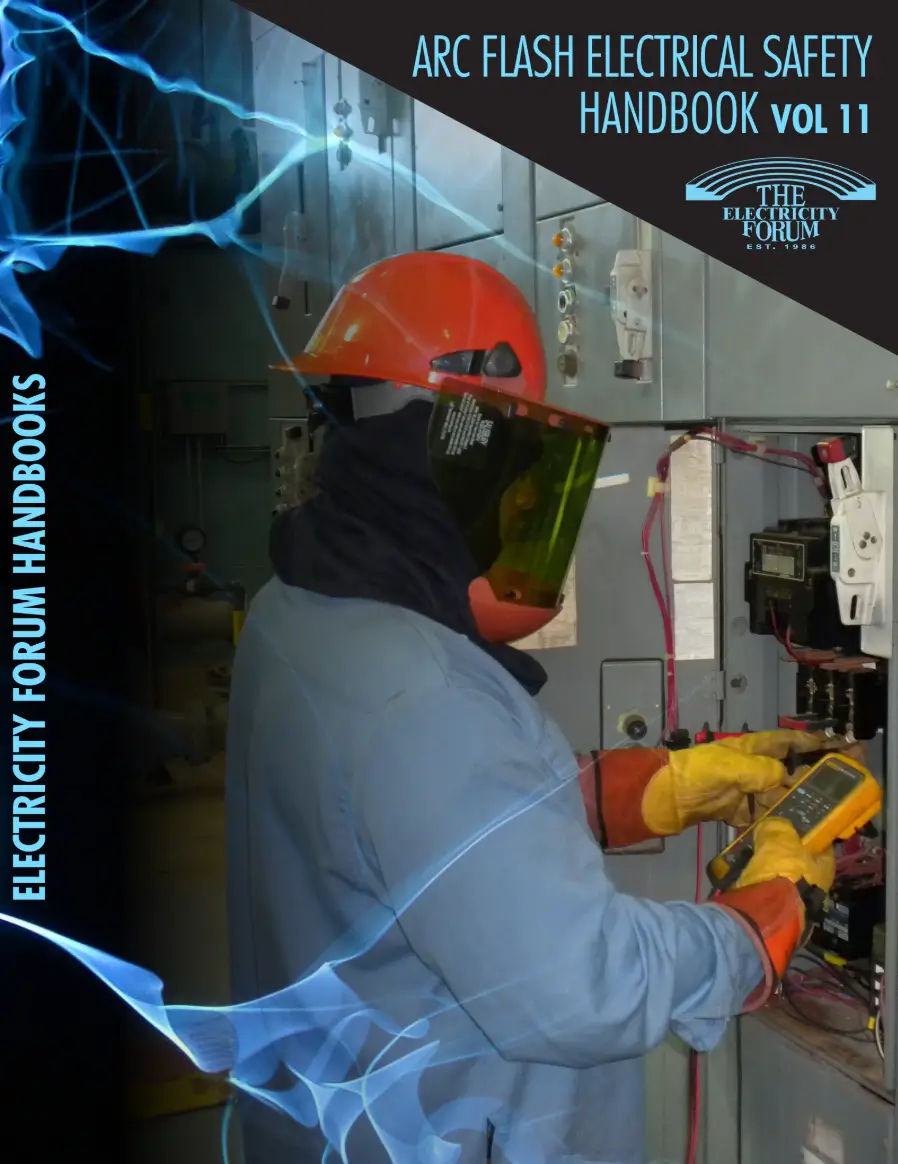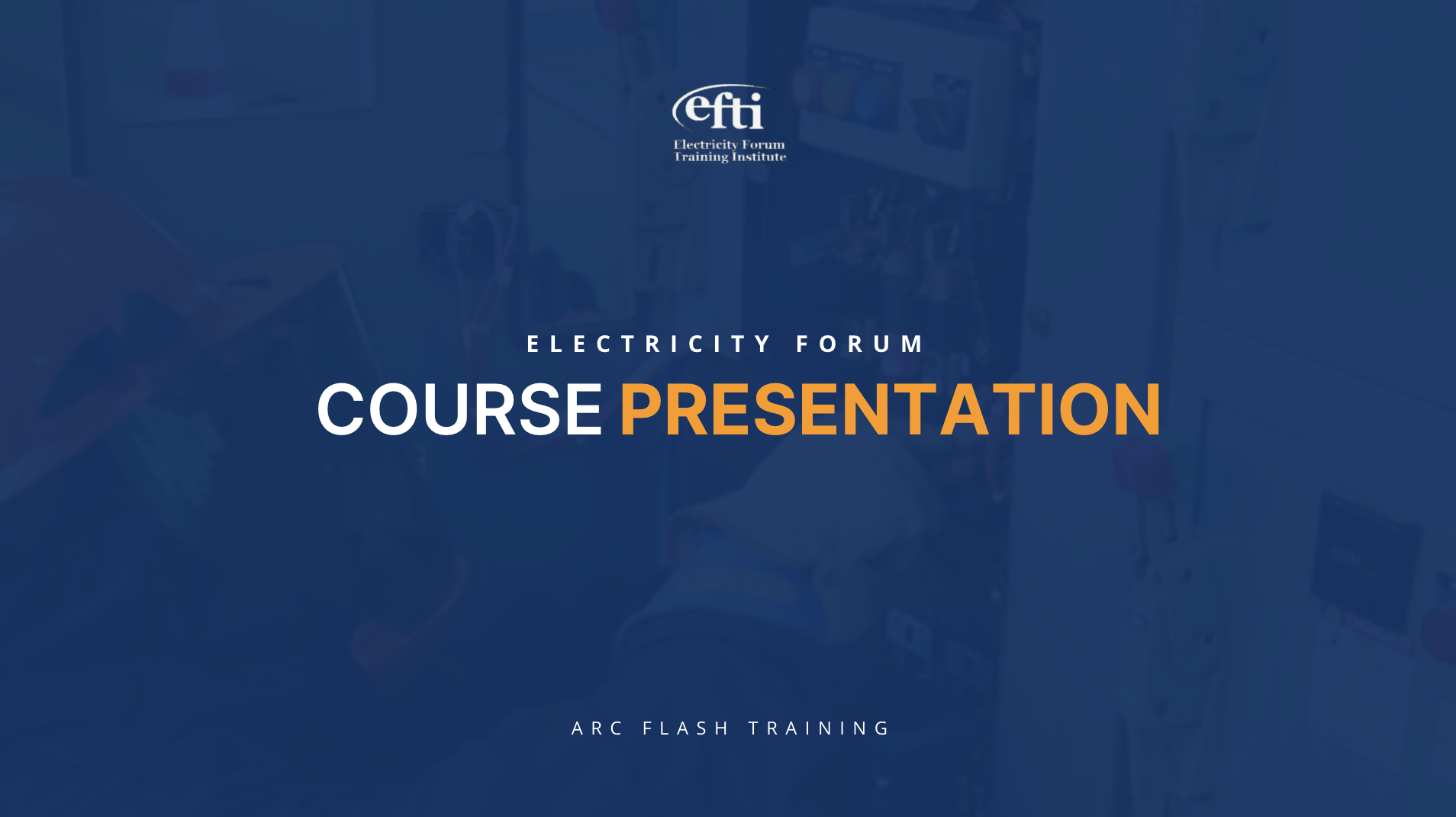Emergency Generators & Standby Power Systems Training - This 12-hour live online instructor-led course is designed to assist organizations to identify the many savings to be gained from proper Generator Design, Installation, Testing and Maintenance.
Much of today's infrastructure such as hospitals, data centres, industrial facilities and commercial buildings cannot withstand a loss of electrical power. As a result, generators are installed to provide electrical redundancy and in some instances, may help to reduce power costs. This course examines the operation of generators and their application within an overall electrical system and focuses on emergency standby generators.
Generators are an essential part of todays electrical system for providing power when needed. Generators can be used for many different applications some of which include: emergency standby generation, prime power, grid connected and micro-grid applications. The purpose of this course is to learn how generators operate and how they may be applied to suit various types of custom applications.
The focus of this course is on emergency standby generators and how they may be applied in a variety of settings and industrial sectors. Standby generation are used primarily to provide backup power in the event that utility power from the utility electrical distribution system is lost. In this scenario, a standby generator may be started to power all of the emergency loads.
This course will discuss the operation of generators, their application, how they are integrated into the overall electrical system, auxiliary supporting equipment and generator package maintenance. This course will cover many practical examples, and will be interactive for students to gain a broad overall understanding of standby generators.
WHAT YOU WILL LEARN
Specific requirements and recommendations for the installation, operation and maintenance of backup power generation equipment Where to find critical information from professional sources such as the EGSA, IEEE, NFPA, NECA and NETA.
What backup system and emergency plan is best suited for your critical power system.
- How to read and understand vendor drawings and technical information for generators.
- How generators operate
- Supporting electrical equipment such as transfer switches, switchgear, emergency power distribution
- Auxiliary generator equipment such as fuel tanks, silencers, ventilation, control equipment, gas detection etc.
- How to work with parallel energy sources Synchronizing procedures and load sharing.
- How to troubleshoot using a logical, systematic approach to isolate and repair generator problems
- Generator energy management and heat recovery applications
After completion of this course, the participant will:
- Understand how generators operate and the auxiliary equipment required to support their operation.
- Understand how generators can be integrated within an entire electrical distribution system
- Learn about different types of generators which include: emergency standby, prime power, continuous power
- Learn about the different engine drivers and their application
- Learn how to size and specify generators
- Gain the background needed to operate, maintain and test the various types of generator sets used in on-site power production. Common examples of facilities that heavily rely upon these systems include: data centers, hospitals, banks, airports, water treatment facilities, manufacturing and industrial plants, schools, sports stadiums, and commercial office buildings. As the need for reliable electrical power continues to increase many firms are turning to the use of on-site generators.
- Understand practical application of operations and maintenance of standby and on-site power generation
- Learn about thermal applications of power generators such as co-generation and combined cycle operation.

















